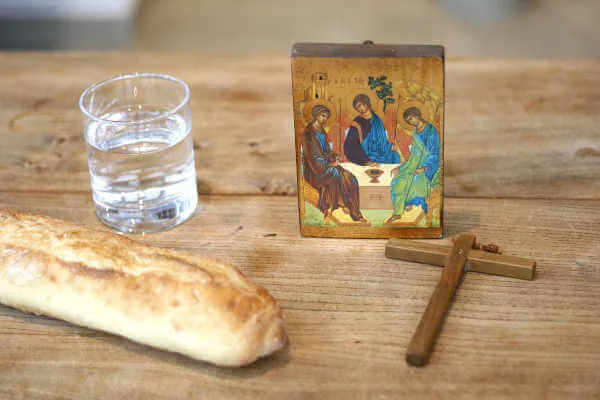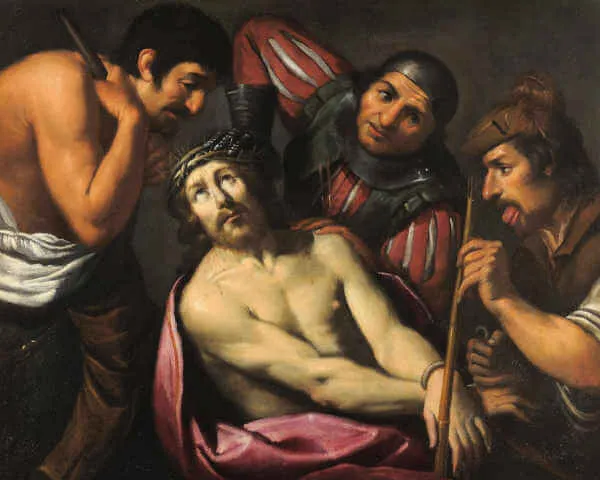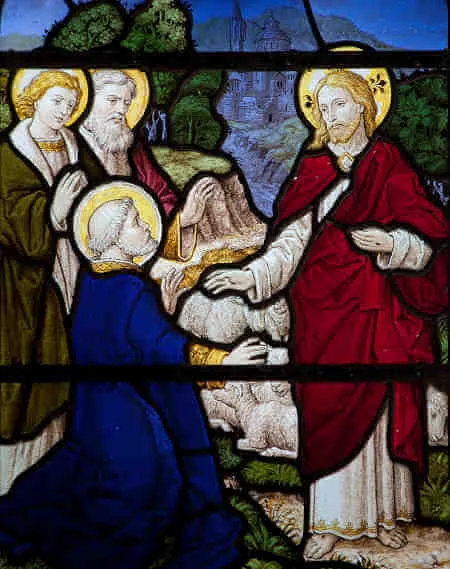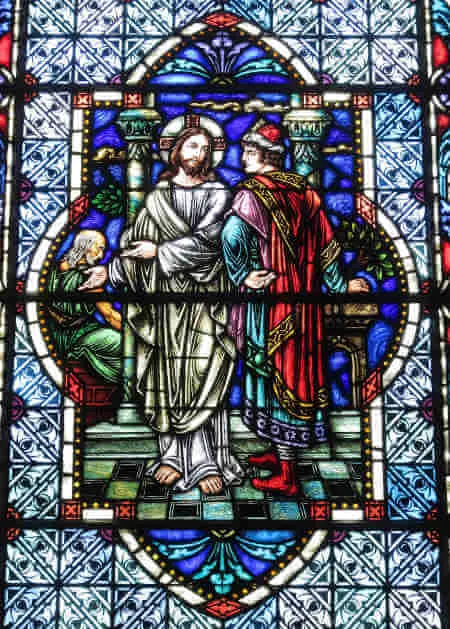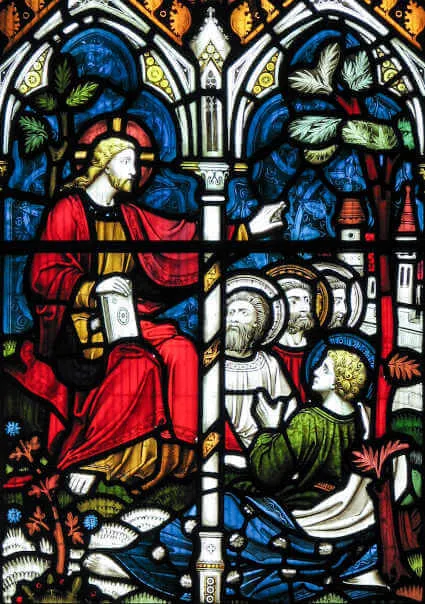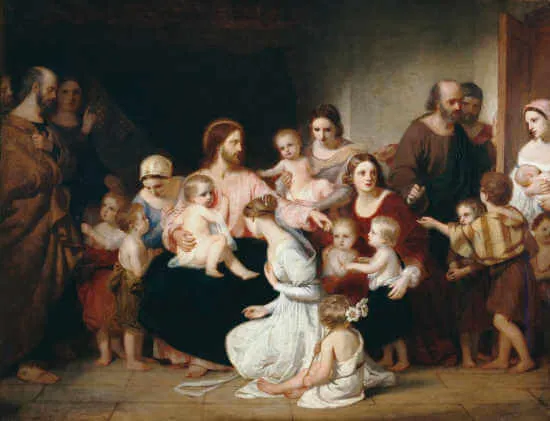Matthew 25:31-32
The Least Deserving
Jesus said to his disciples: “When the Son of Man comes in his glory, and all the angels with him, he will sit upon his glorious throne, and all the nations will be assembled before him. And he will separate them one from another, as a shepherd separates the sheep from the goats.”
Reflection:
What an image to ponder! Try to imagine this scene. At one definitive moment in the future, the Second Person of the Most Holy Trinity, now also in human form as the “Son of Man,” will return to earth in glory surrounded by all the angels of Heaven and will sit upon His new and glorious throne. In front of that throne, every person of every nation ever to exist will be gathered together, and each person will be judged according to their deeds. Those who served our Lord and treated the least of His brothers and sisters with mercy and compassion will hear Jesus say, “Come, you who are blessed by my Father. Inherit the kingdom prepared for you from the foundation of the world.” Those who did not serve Christ and did not treat the least ones with mercy will be sent off to eternal punishment as Jesus says to them, “Depart from me, you accursed, into the eternal fire prepared for the Devil and his angels.” On that day, only one thing will matter, because eternity will be determined with permanence. All that will matter is whether you will be placed on our Lord’s right so as to inherit eternal life, or on His left and sent into the eternal fires.
Sometimes, as we journey through life, we can lose sight of this glorious day. When we think of God and Heaven, it is easy to fall into the presumption that Heaven is guaranteed to us. God is kind and merciful, and He loves us. Therefore, we presume that Heaven is for certain and only the most horrible people will end in hell. But this is not how Jesus depicts the Day of Judgment.
Jesus explains that at the time of judgment, the righteous will be astonished by the fact that caring for those who are hungry, thirsty, a stranger, naked, ill, or imprisoned was the same as showing love for God. Likewise, those who neglected the same people will be astonished that they failed to love God by failing to love the least of Jesus’ brothers and sisters. Do not take this teaching lightly. Jesus does not mince His words. He is abundantly clear and definitive.
In your life, who are these “least ones” of which Jesus is speaking? The hungry and thirsty are not only those with physical needs but also those who have spiritual longings that need to be satisfied. They are those lost or confused in life who need to be given direction. The stranger might be anyone who is lonely and easily ignored. The naked might be those who cannot manage to care for their needs. The ill could be those who are elderly or suffering in various ways. And the imprisoned could include those bound by sin who need help to be set free. Do not fail to seek out our Lord as He is present in those all around you.
Reflect, today, upon those in your life who seem most lost and most in need of your compassion. Those to whom we do not feel like reaching out are those who most often need our compassion and mercy. The “least ones” are often those we judge, condemn or ignore. Call to mind the person who seems least deserving of your love and know that Jesus is living within them, waiting for you to love Him by loving them.
Source: https://catholic-daily-reflections.com/2025/03/09/the-least-deserving-3/





